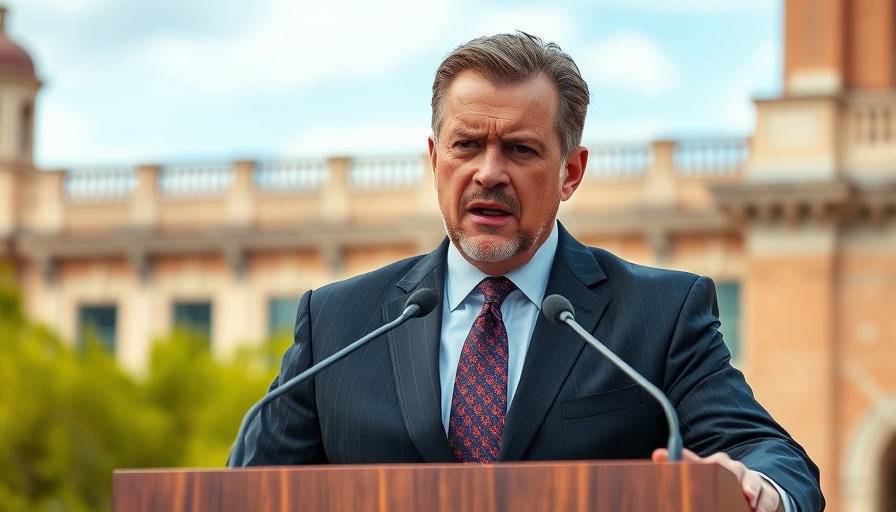
Congressman Joaquin Castro Drawn Into Disturbing Threats Against Lawmakers
In a shocking revelation, Congressman Joaquin Castro has found his name among a list of political targets compiled by a man allegedly responsible for the assassination of Minnesota House Speaker Melissa Hortman and the shooting of others. The individual, identified as Vance Boelter, 57, is charged with the crime and reportedly documented a list of 45 elected officials, all Democrats, on a so-called 'hit list'. This development underscores an alarming trend of politically motivated violence that is affecting not only Minnesota but raising concerns across the entire nation.
Escalating Political Violence: A Nationwide Concern
Representative Veronica Escobar described the recent threats and violence as a stark reminder of the growing trend of right-wing extremism within the United States. Following the assassination attempts, Escobar urged collective action to curb this violence, stating, "Politically motivated violence, and violence of any kind, have no place in our democracy and we all have a role to play in moving our country toward healing." This sentiment echoes the views shared by many lawmakers who feel directly endangered by this escalating hostility.
Insights on the Climate of Political Peril
The nature of Vance Boelter's extensive writings involves meticulous surveillance efforts aimed at various politicians, attempting to locate their homes and family members, according to U.S. Attorney Joseph Thompson. Such behavior raises critical questions about the safety of lawmakers and the surveillance capabilities of potential threats. The chilling fact that other prominent figures were named, including Minnesota Governor Tim Walz and U.S. Rep. Ilhan Omar, illustrates that lawmakers across the political spectrum are at risk.
The Broader Impacts of Political Extremism
This incident is not an isolated threat but reflects wider societal issues related to political extremism and how it manifests in real-world violence. The targeting of elected officials presents a challenge not just for individual safety but threatens the very foundations of democracy. As tensions rise in the political sphere, so too does the potential for violence against those who hold differing political views.
Comparative Context: The Rise of Targeted Violence
Historically, political assassinations have had profound impacts on governance and civil discourse. The troubling pattern of threats against lawmakers today mirrors other historical instances where political discourse devolved into violence, thereby hindering democratic processes. Understanding this context leads to crucial conversations about how to protect politicians and promote civil discourse in society.
Repercussions and Responsibilities: A Call to Action
Due to this alarming situation, there is an urgent need for dialogue surrounding legislative measures aimed at protecting elected officials and preventing such extremism. With lawmakers fearing for their safety, public trust in democratic institutions could dwindle. Consequently, it is imperative for both political leaders and everyday citizens to unite against hate and violence, fostering a culture that values political debate over hostility.
Moving Toward a Solution: What Can Be Done?
It’s clear from the statements of both Castro and Escobar that there is a strong need for collective action against the rising tide of politically motivated violence. Key strategies might include enhancing security protocols for lawmakers, creating open channels for dialogue between constituents and their representatives, and educating the public on the dangers of extremism. Only through proactive measures can elected officials reclaim their sense of safety while serving their communities.
As we reflect on the implications of this incident, it becomes crucial for citizens to remain informed and engaged. Now more than ever, the fight against political extremism requires the involvement of every American. Maintaining a civil discourse and standing firmly against violence are not just responsibilities for leaders but for us all.
 Add Row
Add Row  Add
Add 




Write A Comment